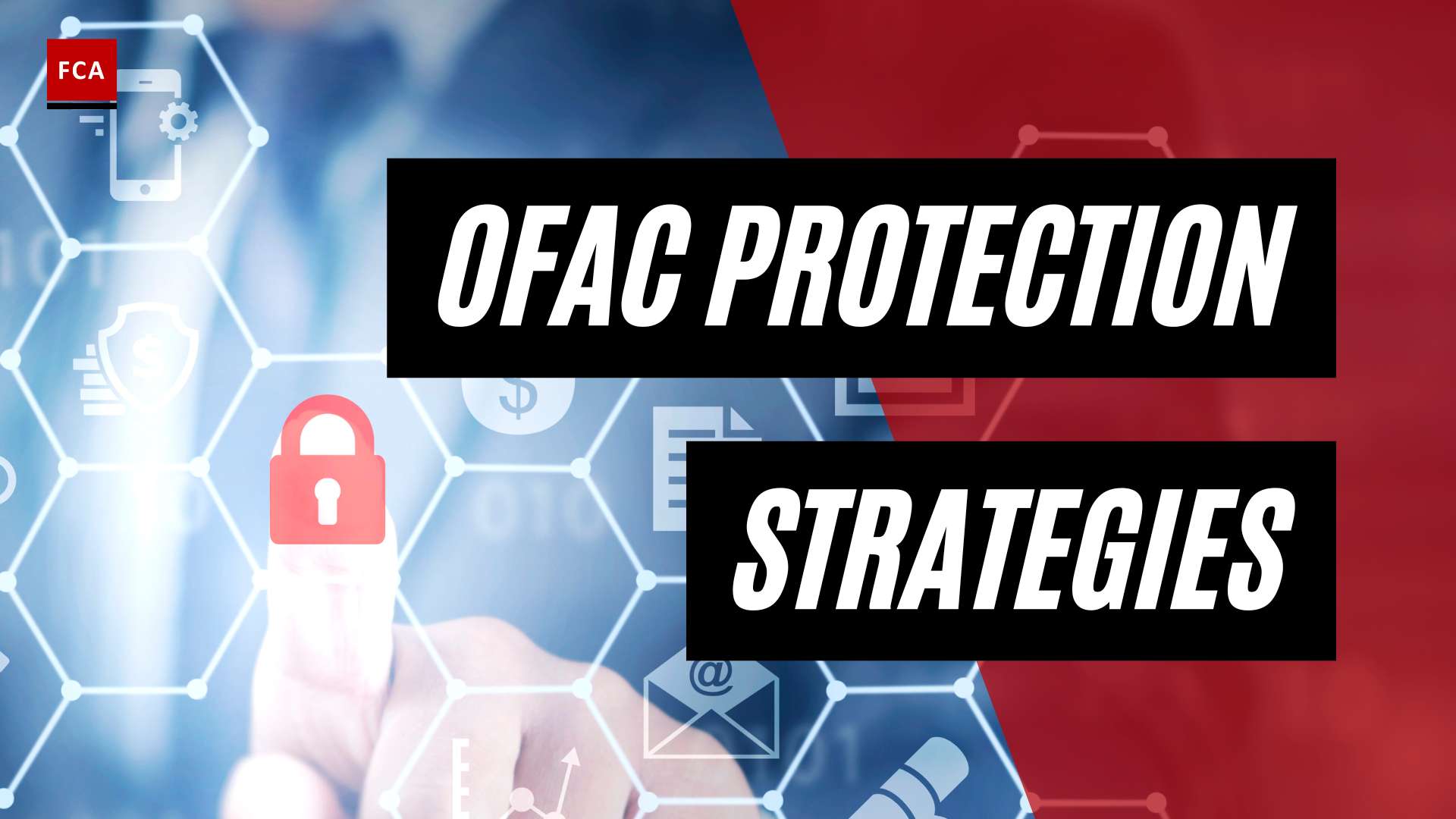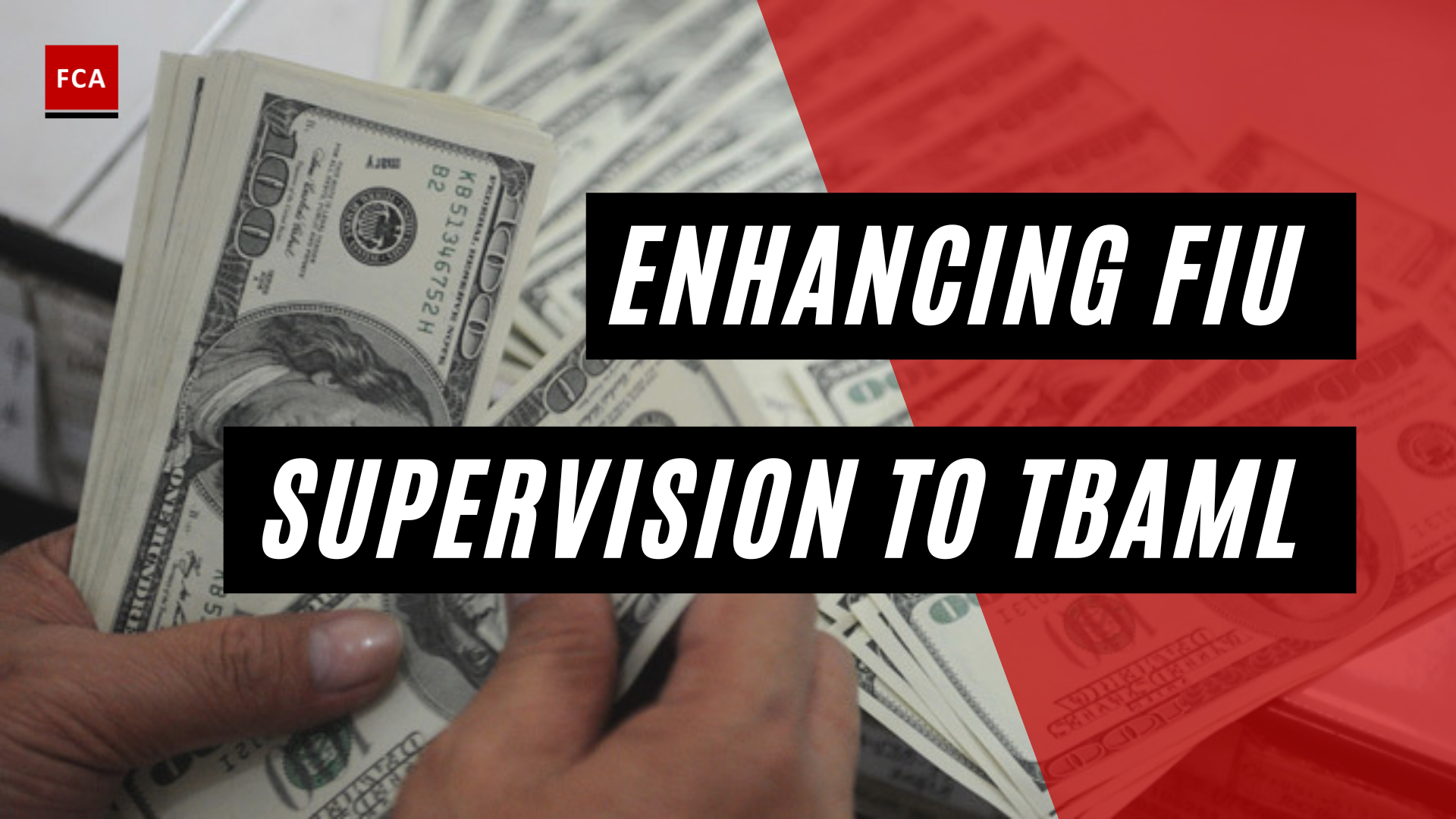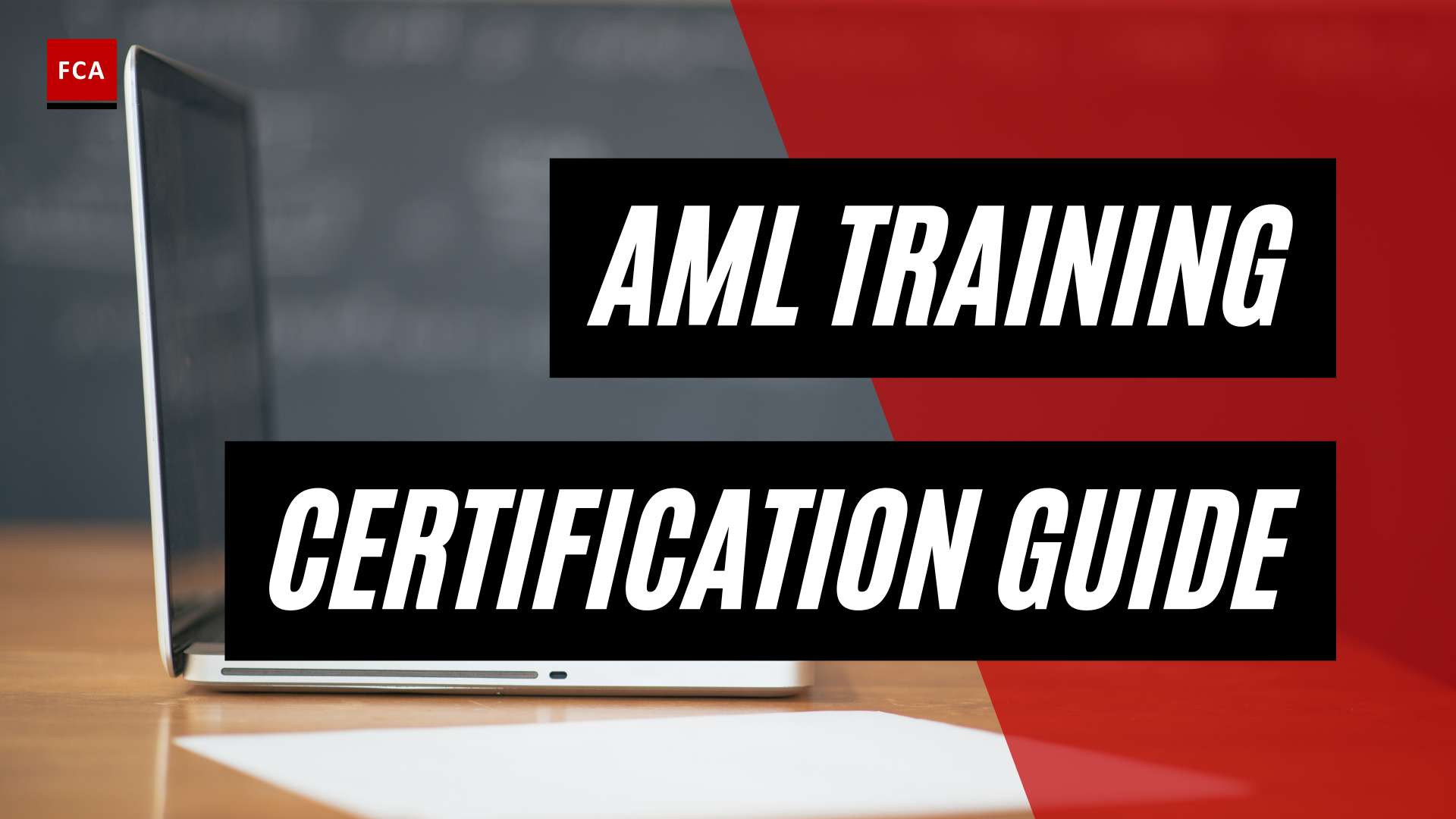AML Compliance Framework
To combat the growing threat of money laundering and illicit financial activities, it is crucial for organizations to establish a robust Anti-Money Laundering (AML) compliance framework. This framework serves as a comprehensive set of policies, procedures, and controls designed to prevent and detect money laundering activities. In the context of emerging markets, where the risk of money laundering may be higher, implementing an effective AML compliance framework becomes even more critical.
Introduction to Anti-Money Laundering (AML)
Anti-Money Laundering (AML) refers to a set of laws, regulations, and procedures that aim to prevent criminals from disguising the illicit origins of their funds. The primary objective of AML initiatives is to ensure that financial institutions, businesses, and professionals adhere to legal requirements and implement measures to deter money laundering activities.
Money laundering involves the process of making illegally obtained funds appear legitimate by passing them through a complex series of transactions. This enables criminals to enjoy the proceeds of their illicit activities without raising suspicions. AML measures are essential to safeguard the integrity of the financial system, protect against financial crimes, and maintain trust in the global economy.
Key Components of an AML Compliance Framework
An effective AML compliance framework comprises several components that work together to mitigate the risks associated with money laundering. These components include:
-
Risk assessment: Conducting a thorough assessment of the organization’s exposure to money laundering risks is fundamental. This involves identifying and understanding the potential vulnerabilities and developing strategies to address them.
-
Policies, procedures, and internal controls: Establishing comprehensive policies and procedures that outline the organization’s commitment to AML compliance is crucial. These policies should cover customer due diligence, transaction monitoring, record-keeping, reporting suspicious activities, and employee training. Internal controls ensure that these policies are implemented effectively.
-
Designated AML officer: Appointing an AML officer who is responsible for overseeing the organization’s AML compliance efforts is essential. This individual should have a deep understanding of AML laws and regulations, monitor compliance, and act as a point of contact for regulatory authorities.
-
Employee training: Providing regular training and awareness programs to employees is vital to ensure they understand their AML obligations and are equipped to recognize and report suspicious activities.
-
Customer due diligence: Implementing robust customer due diligence measures is essential to verify the identity of customers, understand the nature of their business, and assess the risk they pose in terms of money laundering.
-
Transaction monitoring: Establishing systems and processes to monitor customer transactions is crucial for detecting unusual or suspicious patterns of activity. This enables prompt reporting of suspicious activities to the appropriate authorities.
Importance of AML Compliance in Emerging Markets
Emerging markets often face unique challenges and risks in terms of money laundering activities. These markets may have less mature regulatory frameworks or face cultural and legal differences that can be exploited by criminals. As a result, the importance of AML compliance in emerging markets cannot be overstated.
By adhering to AML compliance requirements, organizations operating in emerging markets can mitigate the risks associated with money laundering, protect their reputation, and demonstrate their commitment to ethical business practices. Implementing an effective AML compliance framework ensures that organizations are well-positioned to identify and report suspicious activities, contributing to the overall integrity and stability of the financial system.
In the next sections, we will delve deeper into the specific regulatory landscape, compliance requirements, challenges, and best practices for AML compliance in emerging markets. Stay tuned to learn more about how organizations can effectively navigate the complexities of AML compliance in these dynamic environments.
Understanding AML Compliance Requirements
To establish effective Anti-Money Laundering (AML) compliance programs in emerging markets, it is crucial to have a comprehensive understanding of the regulatory landscape, AML laws, and key compliance requirements in these regions.
Regulatory Landscape in Emerging Markets
Emerging markets are characterized by their rapid economic growth and evolving financial systems. Due to the increasing risk of money laundering and terrorism financing activities, regulatory authorities in these markets have implemented stringent AML regulations. These regulations aim to protect the integrity of the financial systems and promote transparency.
The regulatory landscape in emerging markets can vary significantly from country to country. Each jurisdiction has its own set of laws, regulations, and supervisory bodies responsible for overseeing AML compliance. It is essential for organizations operating in these markets to stay updated with the latest regulatory developments and comply with the specific requirements of each jurisdiction.
AML Laws and Regulations in Different Countries
AML laws and regulations in emerging markets are designed to align with global standards, such as the Financial Action Task Force (FATF) recommendations. However, each country may adopt its own approach to implementing these standards.
For example, some countries may have standalone AML laws, while others may integrate AML provisions within broader financial legislation. It is common for emerging markets to require entities to implement customer due diligence measures, maintain records, report suspicious transactions, and establish internal controls to prevent money laundering and terrorism financing.
To gain a deeper understanding of the AML laws and regulations in specific countries, organizations should refer to local regulatory authorities, industry associations, and legal experts who specialize in AML compliance in emerging markets.
Key AML Compliance Requirements in Emerging Markets
While the specific AML compliance requirements may vary, there are several common elements that organizations should consider when operating in emerging markets:
-
Customer Due Diligence (CDD): AML regulations typically require organizations to conduct thorough CDD measures to identify and verify the identity of their customers. This includes gathering and verifying customer information, assessing the risks associated with the customer relationship, and ongoing monitoring of customer activities.
-
Record-Keeping: Organizations are usually required to maintain accurate and up-to-date records of customer transactions and due diligence efforts. These records should be accessible for review by regulatory authorities when necessary.
-
Risk Assessment and Management: AML compliance in emerging markets necessitates conducting comprehensive risk assessments to identify and mitigate the specific money laundering and terrorism financing risks associated with the region. This includes evaluating country-specific risks, assessing the risks associated with different customer types, and implementing appropriate risk management measures.
-
Employee Training and Awareness: Organizations must ensure that their employees receive regular AML training to understand the risks, obligations, and procedures related to AML compliance. This training should promote awareness of emerging money laundering typologies and the importance of reporting suspicious transactions.
By understanding the regulatory landscape, AML laws, and key compliance requirements in emerging markets, organizations can develop robust AML compliance programs tailored to their specific operational environments. Implementing effective compliance measures not only helps mitigate the risks of money laundering and terrorism financing but also safeguards the reputation and integrity of the organization.
Challenges and Considerations
As emerging markets continue to grow and develop, there are specific challenges and considerations that organizations face when it comes to Anti-Money Laundering (AML) compliance. Understanding these factors is crucial for implementing effective AML programs in these markets.
Unique Risks in Emerging Markets
Emerging markets often present unique risks in terms of money laundering and financial crimes. Factors such as political instability, weak governance, and limited regulatory frameworks can contribute to an increased risk of illicit activities. These markets may also be more susceptible to corruption, organized crime, and terrorism financing. Organizations operating in emerging markets must be aware of these risks and tailor their AML compliance efforts accordingly.
To mitigate the risks associated with money laundering in emerging markets, organizations need to conduct thorough risk assessments. This process involves identifying and assessing the specific risks that are prevalent in the market, such as the vulnerability of certain sectors or the presence of high-risk customers. By understanding these risks, organizations can develop targeted measures to address them effectively.
Cultural and Legal Differences
Cultural and legal differences pose another challenge in AML compliance in emerging markets. Each country has its own cultural norms, legal frameworks, and regulatory requirements, making it essential for organizations to adapt their compliance programs accordingly. What may be considered a normal business practice in one country could raise red flags in another, highlighting the importance of understanding local customs and regulations.
Compliance professionals operating in emerging markets need to navigate these cultural and legal intricacies by collaborating with local experts and leveraging local knowledge. This can help ensure that compliance programs are tailored to meet the specific requirements of each market while aligning with global AML standards.
Compliance Program Adaptation
One of the key considerations in AML compliance in emerging markets is the need to adapt compliance programs to local requirements. Organizations must understand the regulatory landscape and AML laws specific to each market they operate in. This includes being aware of reporting obligations, customer due diligence requirements, and transaction monitoring thresholds, among other compliance obligations.
To adapt compliance programs effectively, organizations should establish strong internal controls and implement robust policies and procedures. These measures should reflect the unique risks and regulations of each market. Regular training and communication with employees are also crucial to ensure that compliance standards are understood and followed consistently.
By addressing the unique risks, cultural differences, and the need for program adaptation in emerging markets, organizations can establish comprehensive AML compliance frameworks. This ensures that they meet local regulatory requirements while effectively mitigating the risks associated with money laundering and financial crimes. For more information on AML compliance in emerging markets, visit our article on AML compliance in emerging markets.
Best Practices for AML Compliance in Emerging Markets
To effectively navigate the unique challenges of AML compliance in emerging markets, implementing best practices is essential. By adopting robust risk management strategies and implementing comprehensive compliance measures, organizations can mitigate the risk of money laundering and illicit financial activities. Here are some key best practices for AML compliance in emerging markets:
Risk Assessment and Due Diligence
Conducting a thorough risk assessment is a fundamental step in developing an effective AML compliance program. Emerging markets often present specific risks due to factors such as political instability, weak governance, and inadequate regulatory frameworks. Organizations should assess the specific money laundering and terrorism financing risks associated with operating in these markets. This includes evaluating the level of corruption, organized crime activities, and the effectiveness of local AML regulations.
Additionally, due diligence plays a vital role in AML compliance. Properly identifying and verifying the identity of customers, beneficial owners, and politically exposed persons (PEPs) is crucial. Implementing enhanced due diligence measures for high-risk customers is recommended, especially in jurisdictions with higher levels of risk. Regularly updating customer information and conducting ongoing monitoring helps identify any suspicious activities.
Customer Identification and Verification
Accurate customer identification and verification processes are critical for AML compliance. Organizations should establish robust Know Your Customer (KYC) procedures that align with local regulations. This includes collecting essential customer information, such as name, address, and identification documents. Verifying this information through reliable and independent sources is essential to ensure the accuracy and legitimacy of customer identities.
In emerging markets, where the risk of identity theft and fraud may be higher, implementing additional measures such as biometric verification or digital identity solutions can enhance the effectiveness of customer identification processes. It’s important for organizations to stay updated with the latest AML regulations in emerging markets to ensure compliance.
Transaction Monitoring and Suspicious Activity Reporting
Implementing robust transaction monitoring systems is crucial for detecting and reporting suspicious activities. Automated systems can help identify unusual patterns, transactions above specified thresholds, or transactions involving high-risk countries or individuals. Monitoring customer transactions in real-time allows for prompt identification of suspicious activities, enabling organizations to take appropriate action.
When suspicious activities are identified, organizations must promptly report them to the relevant authorities. Establishing clear internal procedures for reporting suspicious transactions and maintaining proper documentation is essential. Timely reporting ensures that law enforcement agencies can take the necessary steps to investigate and prevent money laundering and other illicit activities.
By adhering to these best practices, organizations can enhance their AML compliance efforts in emerging markets. However, it’s important to note that compliance requirements may vary across jurisdictions. Organizations should consult the specific AML compliance guidelines for emerging markets and adapt their programs accordingly to meet local regulatory expectations. Additionally, leveraging technology solutions can streamline compliance processes and enhance the efficiency of AML efforts.
In the next section, we will explore the role of technology in AML compliance and the innovations and tools available to support organizations in their compliance endeavors.
Technology Solutions for AML Compliance in Emerging Markets
As anti-money laundering (AML) regulations continue to evolve, technology plays a crucial role in helping organizations meet their AML compliance requirements effectively. In emerging markets, where the regulatory landscape is constantly changing, leveraging technology solutions becomes even more essential. This section will explore the role of technology in AML compliance, the innovations and tools available, as well as the benefits and limitations of using technology solutions.
Role of Technology in AML Compliance
Technology serves as a catalyst for enhancing AML compliance efforts in emerging markets. It enables financial institutions and organizations to automate various processes, streamline operations, and strengthen their overall compliance framework. Here are some key areas where technology plays a significant role:
-
Data Analysis and Monitoring: Advanced analytics and machine learning algorithms can be employed to analyze large volumes of data and identify patterns and anomalies that may indicate potential money laundering activities. Real-time transaction monitoring systems can detect suspicious transactions and generate alerts for further investigation.
-
Customer Due Diligence (CDD): Technology solutions can facilitate efficient customer onboarding and due diligence processes. Customer identification and verification tools, such as automated identity verification systems, can help validate customer information and assess the risk associated with each customer.
-
Risk Assessment and Scoring: Technology enables organizations to conduct risk assessments and assign risk scores to customers and transactions based on predefined criteria. This helps prioritize resources and focus efforts on high-risk areas.
-
Reporting and Documentation: AML compliance requires robust reporting capabilities. Technology solutions can generate accurate and comprehensive reports, ensuring compliance with regulatory requirements. Automation of documentation processes helps minimize errors and improve efficiency.
Innovations and Tools for AML Compliance
Technology continues to evolve, offering innovative tools and solutions to enhance AML compliance efforts. Here are some key innovations and tools used in AML compliance in emerging markets:
| Technology Innovation | Description |
|---|---|
| Artificial Intelligence (AI) | AI-powered systems can analyze large datasets, detect patterns, and identify potential money laundering activities with greater accuracy. |
| Robotic Process Automation (RPA) | RPA automates manual and repetitive tasks, reducing human error and increasing efficiency in compliance processes. |
| Blockchain Technology | Blockchain can enhance transparency and traceability in financial transactions, making it harder for illicit activities to go unnoticed. |
| Regulatory Technology (RegTech) | RegTech solutions provide advanced software and tools specifically designed for compliance requirements, helping organizations stay up to date with changing regulations. |
Benefits and Limitations of Technology Solutions
Implementing technology solutions for AML compliance in emerging markets offers numerous benefits, but it’s important to consider the limitations as well.
Benefits:
- Efficiency and Accuracy: Technology streamlines processes, automates tasks, and reduces manual errors, improving overall efficiency and accuracy in AML compliance operations.
- Cost-effectiveness: Technology solutions can help reduce costs associated with compliance efforts by optimizing resource allocation and minimizing the need for extensive manual intervention.
- Enhanced Risk Management: Advanced analytics and AI-powered systems enable organizations to identify and manage risks more effectively, enabling proactive risk mitigation.
Limitations:
- Data Quality and Integration: Technology solutions heavily rely on accurate and reliable data. Ensuring data quality and integrating different systems across the organization can present challenges.
- Complexity and Implementation Costs: Implementing and maintaining technology solutions can be complex and costly, requiring significant investments in infrastructure, software, and training.
- Human Oversight: While technology solutions automate various processes, human oversight and expertise remain crucial to interpret results, make informed decisions, and investigate potential incidents.
By leveraging technology solutions tailored to the unique requirements of AML compliance in emerging markets, organizations can enhance their ability to detect and prevent money laundering activities. It’s important to stay informed about the latest advancements and ensure that technology solutions are integrated into a comprehensive AML compliance framework.








